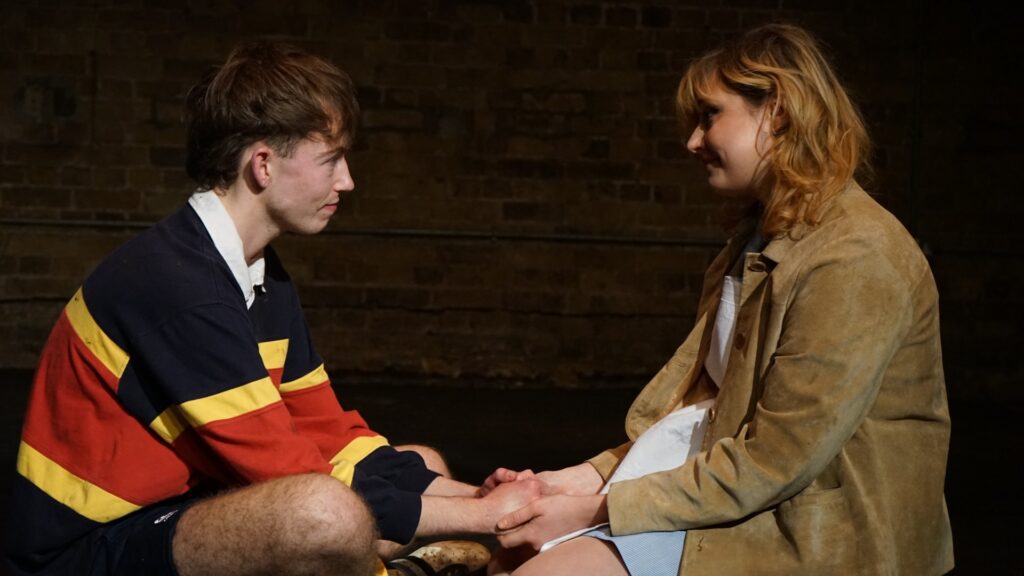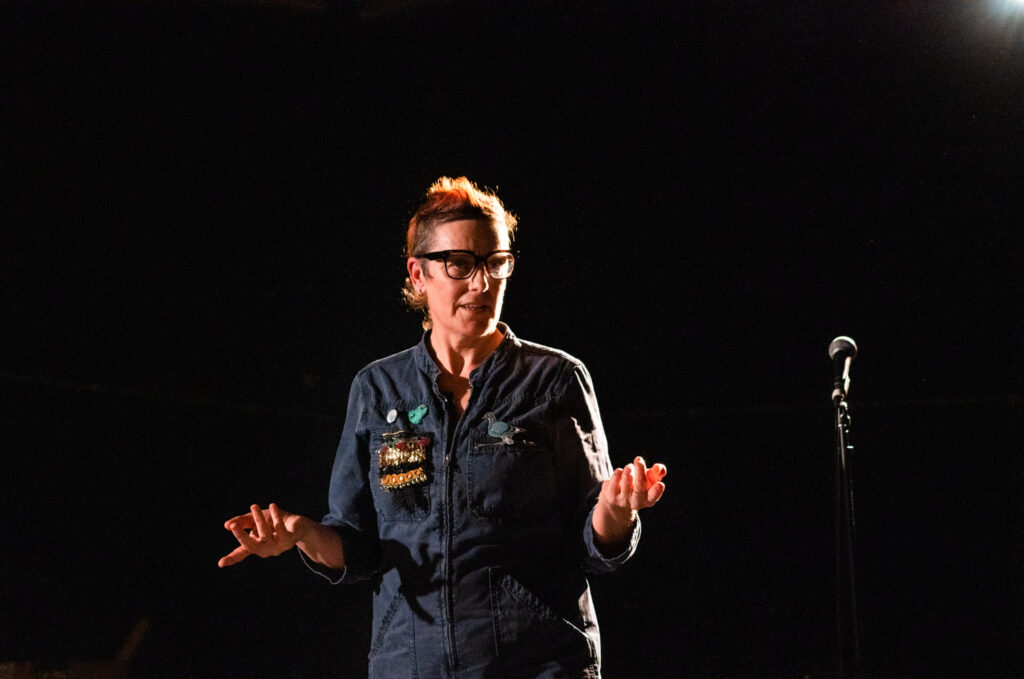Hilary Lloyd Yewlett explains how curiosity about her family history led her in search of the Merediths of Radnorshire
I never imagined when I was an undergraduate at Swansea University, more years ago than I care to admit, that I would one day retire from that institution as a member of staff, or that I would return there in my retirement to pursue research in a new field, this time in history.
English literature was my first love, but my enthusiasm for history was fired by one of its greatest teachers, the late Professor Sir Glanmor Williams. It was a peripheral curiosity about my family history that led to my becoming a ‘granny grad’ who, when not absorbed in researching the early modern Meredith families of Radnorshire, enjoys ‘chilling out’ with young postgrads.
It is a Llandegley Meredith who has most engaged my interest. Reese Meredith (1708-1778) was no footnote to history, even though he appears too often as such in textbooks written about the American mercantile class. Orphaned at the age of three, Reese eventually moved from Radnorshire to Leominster with his Quaker grandmother, Mary Southall. There, at the age of fourteen, he was apprenticed as a mercer to his uncle, Samuel. In 1730, he emigrated to Philadelphia, armed only with a letter from the Leominster Meeting of Friends.
Possessing astute business acumen, Reese ultimately became the fifth most successful man in the merchant community of Philadelphia, a city that more than doubled in size between 1750 and 1791, accommodating the careers of hundreds of successful traders. When Reese left Radnorshire, he could never have dreamed of such success, nor that his family would contribute so much to American history and culture and that, before he died, he would transfer his loyalty from the British Crown to the State of Pennsylvania.
In 1738, Reese made a propitious marriage to Martha Carpenter, the granddaughter of Samuel Carpenter, once Deputy Governor to William Penn. Martha was also the niece of William Fishbourne, a wealthy merchant and former Mayor of Philadelphia. Reese first began trading from Fishbourne’s Wharf, later trading from his own premises on his own Meredith Wharf. He also profited from his son-in-law Henry Hill’s family links to the wine trade, though his Quaker principles did not prevent him from owning and trading in slaves.
Reese’s children too made fortunate marriages. Samuel married Margaret, the daughter of Dr Thomas Cadwallader, an eminent physician, and a trustee of the University of Pennsylvania. Elizabeth married George Clymer, a politician who signed the Declaration of Independence. A business partnership, was formed between Reese, Samuel and George, which lasted after Reese’s death. Ann, Reese’s youngest daughter, married the wine merchant, Henry Hill.
Reese also created important links with Philadelphia’s social elite. In 1736, Benjamin Franklin set up the Union Fire Company to protect the property of its members against fire. It also functioned as a social club, whose members were mainly Quakers of the first rank. By 1744, Reese had become the Company’s clerk. Reese was rated at £70 in the 1756 Philadelphia Tax List, thus joining Philadelphia’s elite group, a position he held until he died in 1778.
The most lasting friendship Reese made was with George Washington whom he met in 1755, as the young gentleman colonel from Virginia, who was returning from his ill-fated intervention in the French and Indian War. Reese’s son, Samuel, benefited from this friendship, for he became the first United States Treasurer appointed by President Washington after the Constitution came into effect in 1789.
A Quaker to the end of his life, Reese affirmed, but did not swear, his allegiance to the State of Pennsylvania in November 1777, a year before he died. No likeness of him exists. However, a statue was raised in memory of his son, Samuel, in Pleasant Mount Village, Wayne County, Pennsylvania. Reese’s granddaughter, Martha Meredith Read, was one of the first American feminist writers who dedicated Monima or the Beggar Girl to Dr Hugh Meredith, aware perhaps that both their grandfathers migrated from the same area of Radnorshire. Dr Meredith Clymer, Reese’s great grandson, was a Brigade Surgeon in the Civil War. His obituary notice was posted in the British Medical Journal in 1902.
Reese Meredith, the orphan from Llandegley, not only made a fortune in Philadelphia, he also became the progenitor of one of the most aristocratic and influential “dynasties” in the city. Entrepreneurial immigrants like him, from that little county lying at the heart of Wales, left an indelible mark on the history, not only of Pennsylvania, but also of the United States. It is a privilege, in the Indian summer of my life, to be once again back in my beautiful alma mater by the sea, learning to write up for posterity the story of Reese Meredith’s eventful and successful life.






Comments are closed.